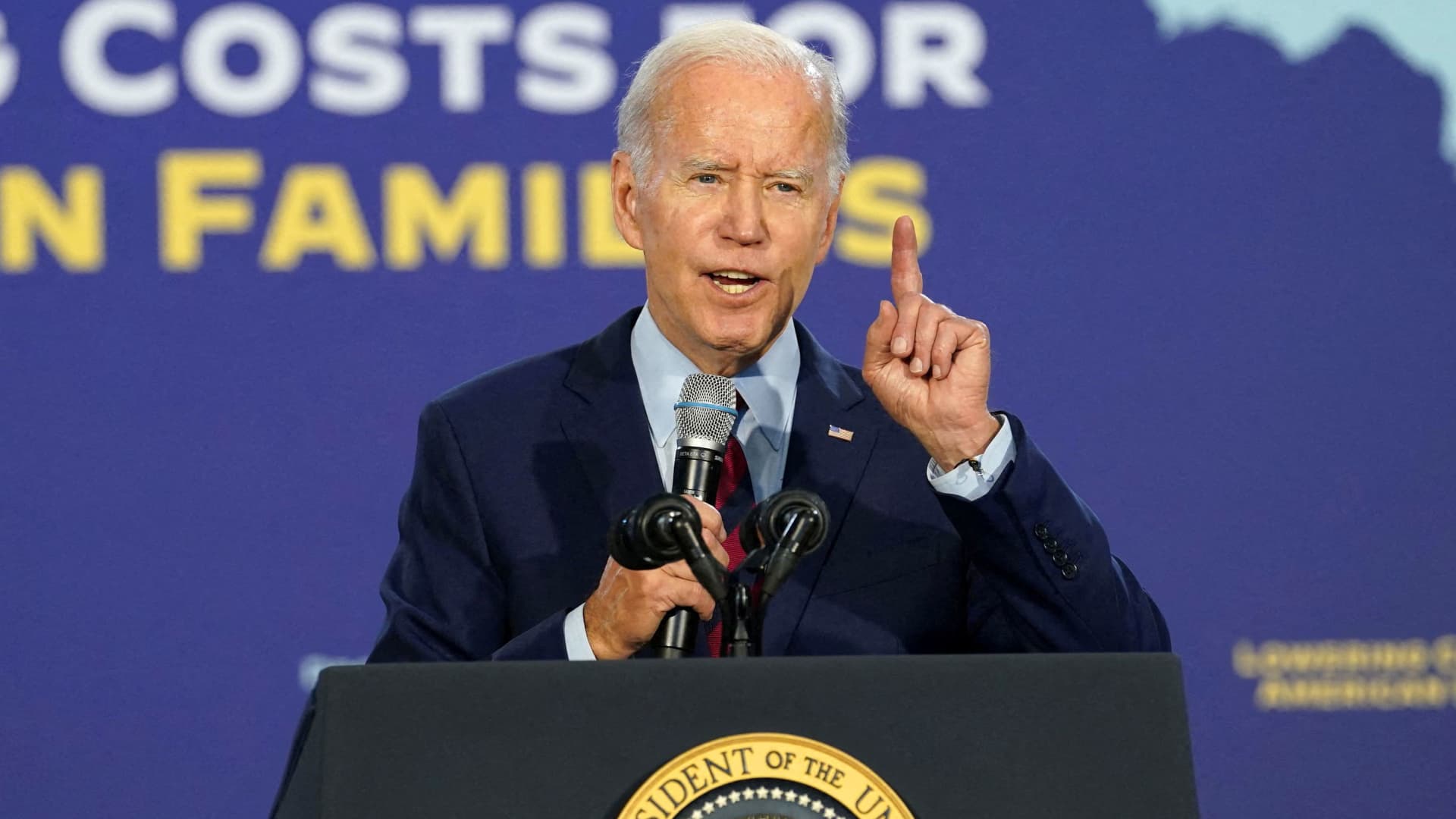The Biden administration on Thursday asserted its authority to seize the patents of certain costly medications in a new push to slash high drug prices and promote more pharmaceutical competition.
The administration unveiled a framework outlining the factors federal agencies should consider in deciding whether to use a controversial policy, known as march-in rights, to break the patents of drugs that were developed with federal funds but are not widely accessible to the public. For the first time, officials can now factor in a medication’s price — a change that could have big implications for drugmakers depending on how the government uses the powers.
“When drug companies won’t sell taxpayer-funded drugs at reasonable prices, we will be prepared to allow other companies to provide those drugs for less,” White House National Economic Advisor Lael Brainard said during a call with reporters Wednesday.



Not sure if it applies here, but I remember reading something years ago about how more patents now are either “Product Patents” (mainly used in Developed countries) vs “Process Patents” (used more in Developing countries). A Product patent protects the end result, no matter how it gets made, whereas Process patents just protect the way that it’s made and don’t forbid anyone from making the end result, they just can’t make it the same way.
Product patents almost seemed designed to stifle innovation, since it prevents anybody else from coming up with a more efficient method for creating the thing, whereas Process patents still allow for others to get into the market and come up with better/cheaper ways of making the thing.
It might be hard to protect Drugs though, since probably the bulk of the resources spent on it is going to be all that up-front research that needs to be done, then manufacturing it is probably trivial in alot of cases. Maybe there could be something done where all drugs that get Government-funding are available to anyone to produce, but anyone outside of the patent-holder that produces them must pay some sort of small “licensing fee” for the right to produce them (for X years), otherwise no one else is prevented from producing/selling the drugs. Just something that could help keep drug companies from going overboard with their insane pricing schemes, but still allows them to recoup the money they put into research.